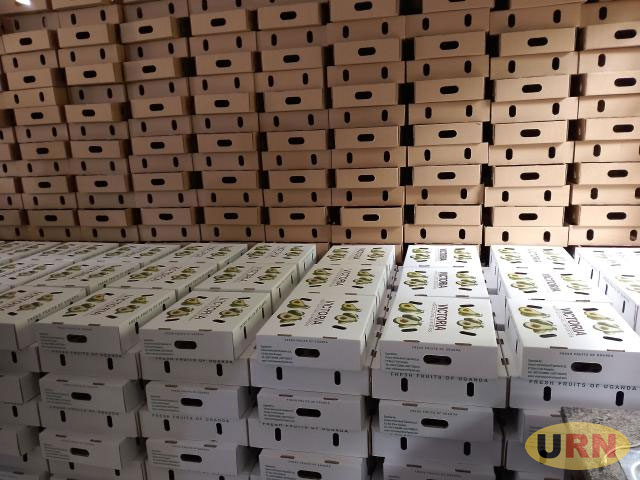
Kampala, Uganda | THE INDEPENDENT | To enhance the quality of Ugandan crop exports, inspection controls for avocado, banana, and pineapples are slated to be reinforced by the Ministry of Agriculture, Animal Industry, and Fisheries (MAAIF). The trio will be classified as high-risk commodities, mirroring the categorization of hot pepper, chili, and garden eggs.
These crops are among the most commonly sourced from Uganda, and bolstering their inspection for the international market aims to elevate quality standards for both local and foreign consumers.
The implementation of this new measure falls under the jurisdiction of the Department of Crop Inspection and Certification within the Ministry of Agriculture.
The announcement was made by Alexander Samula, a senior crop protection and certification officer at MAAIF, during the opening ceremony of Victoria Horticultural Exporters, a new entrant in the industry.
Samula emphasized the persistent discourse on crop quality, underscoring the necessity for interventions such as this.
According to Samula, the traceability regime for these crops will transition from solely assessing the product to encompassing the entire production process. He emphasizes the need for collaboration among industry stakeholders, including exporters like Victoria Horticultural Exporters, to uphold quality standards at the farm level.
Acknowledging the financial burden of compliance, Samula highlights the cost-effectiveness of collective action between exporters and the government. This aligns with the ministry’s objective of promoting mandatory compliance and market-driven regulatory requirements, with a focus on traceability through a lead farmer approach.
The inadequate availability of exportable quality horticultural products has consistently impeded the advancement of budding horticultural export businesses, particularly through frequent interceptions, notably in the European market.
Hassan Miiro, Managing Director of Victoria Horticultural Exports Limited, lamented the scarcity of exportable products, citing instances where large avocado plantations yield a minimal exportable quantity.
Miiro underscores the untapped potential of export markets and the company’s commitment to empowering small-scale farmers across all farming stages to meet market demands, including orders for banana plantains, which are currently halted pending the establishment of a reliable supply chain.
Miiro attributes these challenges to a lack of awareness among smallholder farmers regarding exportable products, inadequate production and marketing tracking systems, subpar agricultural practices, and overreliance on the National Agricultural Advisory Services (NAADS).
In response, the exporter has forged partnerships with agro-input dealers to enhance product quality, with initial project implementation slated for Masaka.
Everest Mulumba, an Agribusiness Development Officer at NAADS, representing the executive director, urges exporters to elevate their operational standards to align with international benchmarks.
He cites examples from Kenya, where pack houses have been tailored to meet global requirements. Mulumba reaffirms NAADS’ commitment to supporting exporters like Victoria Horticultural Exporters, recognizing their pivotal role in fostering agricultural sector development by bridging the gap between farmers and the market.
****
URN
 The Independent Uganda: You get the Truth we Pay the Price
The Independent Uganda: You get the Truth we Pay the Price



